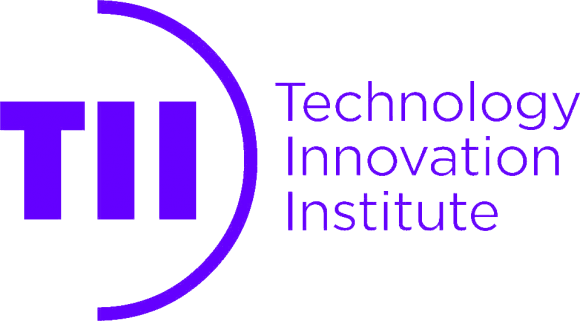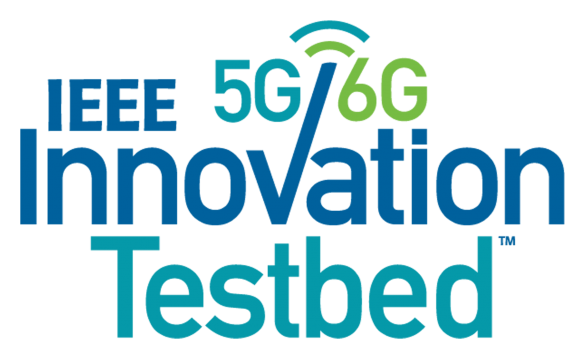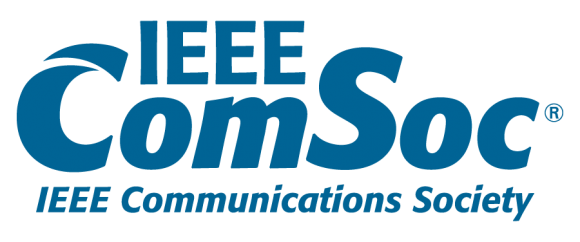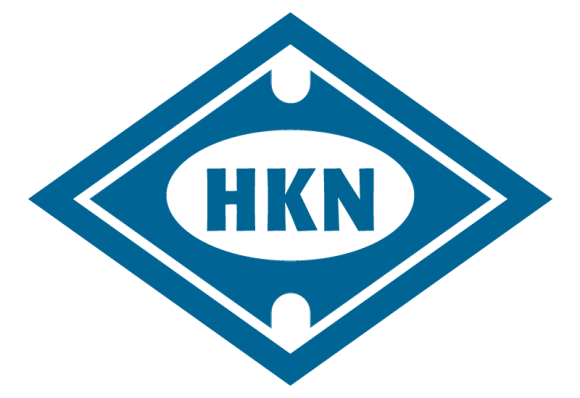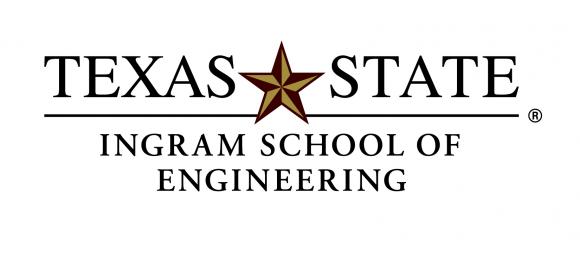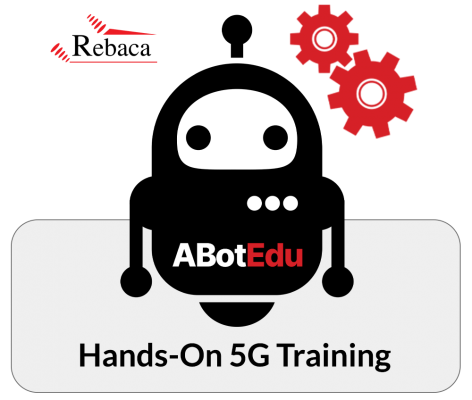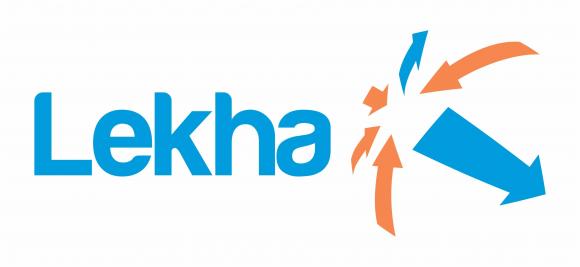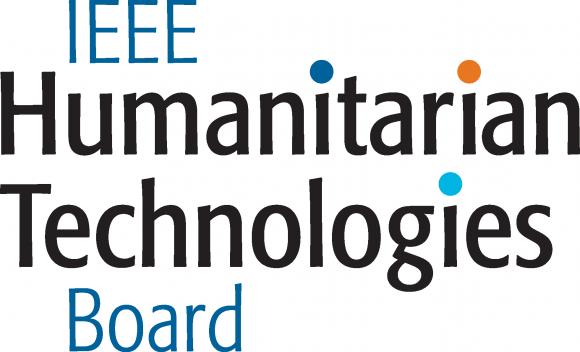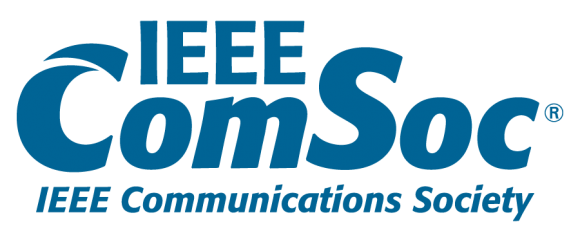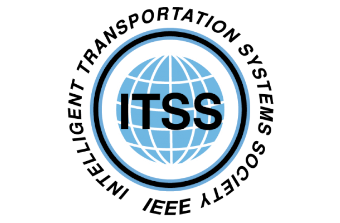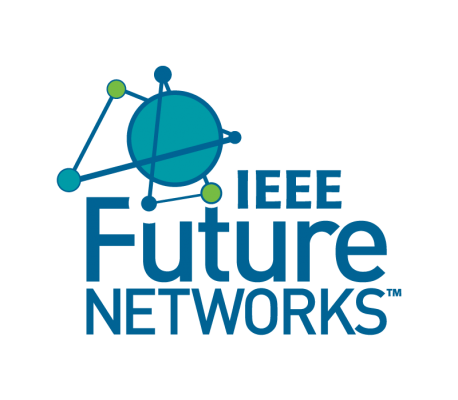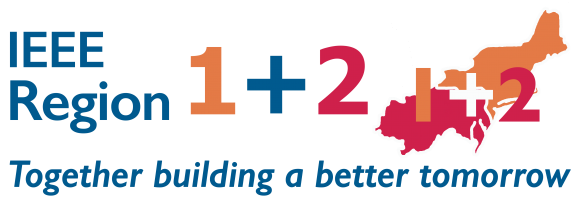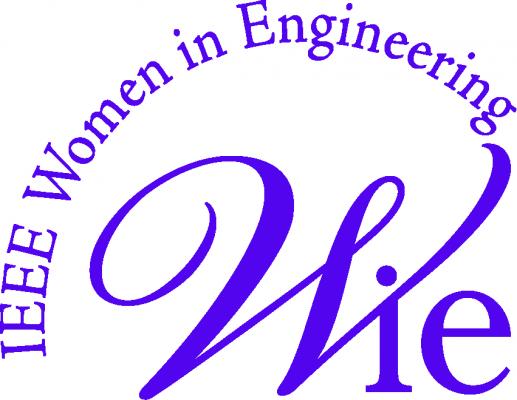PRESENTERs
- Thomas Magedanz, TU Berlin / Fraunhofer FOKUS, Germany
- Marius Corici, TU Berlin / Fraunhofer FOKUS, Germany
- Hauke Buhr, Fraunhofer FOKUS, Germany
SCOPE
Research on the sixth generation of mobile communications (6G) is currently the subject of many national research programs around the globe. It can be witnessed, that 6G visions are majorly inspired by the evolution of 5G campus networks, but also take into account new THz JCAS enabling access networks, as well as Non-Terrestrial Networks (NTNs), which put due to their differences` extreme requirements on the future 6G end-2-end network design.
Following the establishment of the first national and international projects and coordinated programs dedicated to 6G as well as the significant initial developments within the operator networks, equipment providers and testing companies, a 6G network architecture starts taking shape.
This tutorial will survey the latest developments in the area of 6G core networks aiming to provide an up-to-date mirror of the current status towards a flexible end-to-end organic 6G architecture, gluing together in a coherent manner RAN and core control functions, data path components, backhaul networking technologies on top of highly heterogeneous compute, storage and networking infrastructure elements. Each of the 6G architecture concepts will be presented in comparison to the 5G network architecture and finally would be embedded in a overarching 6G network architecture.
The FOKUS Organic6GCore roadmap will be utilized to show the impacts of the 6G concepts on the network evolution as well as how the different features can be practically integrated.
The tutorial contents are mainly based on the results and experiences gained within the German BMBF 6G Hub project “Open6GHub” (https://www.open6ghub.de/en/) in which Fraunhofer FOKUS and TU Berlin are responsible for designing and developing a highly flexible, adaptive and resilient network infrastructure integrating the various access network technologies into a holistic system, inspired by the current discussions on RAN-Core convergence and flexible network function disaggregation and aggregation motivated by fully exploring the Open RAN concepts.
Outline
The tutorial is structured into three blocks, plus a decent Q&A part.
Requirements for the 6G Core Network Design (20 min)
- Potential 6G Applications as drivers and emerging business models
- Access network diversity and complexity
- Open RAN impacts driving innovation by modularization and openness
- Infrastructure-freenetworks
6G Core Network Concepts (40 min)
-
Beyond the 5G SBA with web service principles for organic growth
-
RAN-Core Integration for organic customization
-
6G Core Network concepts in literature
-
Organic 6G Core Network – concept, architecture
-
Interactions with UE, RAN, 5G core, and AI-based network management
Implementation steps towards an organic network core (15 min)
- Open6GHub project overview
- Organic6GCore use case examples and a roadmap
Q&A (15 min)
SHORT BIO
Thomas Magedanz (PhD) has been a professor at the Technische Universität Berlin, Germany, leading the chair for next generation networks (www.av.tu-berlin.de) since 2004. In addition, since 2003 he has been Director of the Business Unit Software-based Networks (NGNI) at the Fraunhofer Institute for Open Communication Systems FOKUS (www.fokus.fraunhofer.de/go/ngni) in Berlin. For 33 years Prof. Magedanz has been a globally recognized ICT expert, working in the convergence field of telecommunications, Internet and information technologies understanding both the technology domains and the international market demands. His interest is in software-based networks for different verticals, with a strong focus on public and non-public campus networks. His current interest is in the evolution from 5G to 6G. For more details look here: http://www.av.tu- berlin.de/menue/team/prof_dr_thomas_magedanz/
Marius Corici (Dr. Eng.) is a senior researcher at the Fraunhofer FOKUS Institute. He has received his Diploma-Engineer degree at the ― Politehnica University of Bucharest on Nomadic Satellite-Based VoIP Infrastructure. He joined the Next Generation Network Infrastructures (NGNI) competence center of Fraunhofer FOKUS Institute, now renamed as Software-based Networks Division. He has received his Doctoral Degree in 2013 on Self- Adaptable IP Control in Carrier Grade Mobile Operator Networks. Currently, he is the deputy head of the Software-based Networks business direction of Fraunhofer, leading the research and development teams for the Open5GCore (www.open5gcore.org) and NEMI (www.nemi- project.org) toolkits and acting as a research pathfinder for the evolution towards vertical sectors and customization of massive core networks as well as the design and specification of novel beyond-5G features and 6G architectures. Furthermore, Marius Corici is acting as researcher at the Technische Universität Berlin and preparing the lectures on 5G as part of the department next generation networks (Architekturen der Vermittlungsknoten – AV) (www.av.tu-berlin.de).
Hauke Buhr (M.Sc.) is a researcher at the Fraunhofer FOKUS institute. He has received his master’s degree at the University of Applied Sciences Hamburg in 2020. He joined the Next Generation Network Infrastructures (NGNI) competence centre of Fraunhofer FOKUS Institute in 2020. His work includes satellite communication simulation systems, 6G mobile networks, time sensitive networking (TSN) enhancements to 5G mobile networks and accelerated packet processing for mobile networks.
Currently, he is a research fellow at the NGNI competence centre of Fraunhofer FOKUS, responsible for design and development of the simulator in HydRONSimTB, the Organic6GCore Toolkit and 5G user plane function (UPF).



